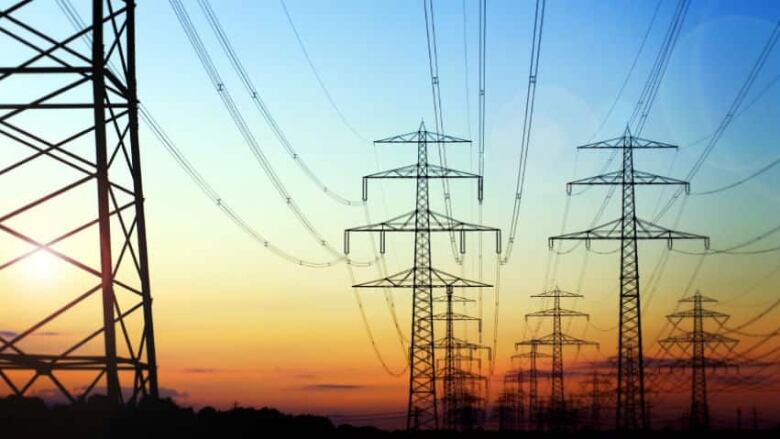Electricity prices cheap in Alberta, for now
Low prices, but high fees on utility bills across the province

Electricity prices haven't been this low in Alberta in nearly 20 years, one of several developments in a very unstable and unpredictable sector in the province.
The last time power prices were this low was in 1997, according to a recent report by FirstEnergy Capital, because of less demand, an oversupply of power plant capacity, and historically low natural gas prices.
The power market has effectively collapsed- David Gray, electricity consultant
"In the first quarter of 2016, we estimate the average Alberta power price at $18.10 per megawatt hour (MWH), a whopping 39% less than in our previous forecast. This average was 15% lower than the average price in the fourth quarter of 2015 and 38% lower than the average price in the first quarter of 2015," said the report.
The reprieve in prices won't last long because costs begin to jump once the calendar turns over to 2017.
- TransCanada becomes latest to terminate Alberta coal-power deals, citing higher costs
- Rising Alberta transmission costs threaten electricity system, report says
Carbon tax
The price of electricity is expected to climb next year as Alberta's carbon tax is introduced. Starting Jan. 1, 2017 the levy will be $20 per tonne of emitted carbon dioxide and rise to $30 in 2018.
"We believe that there is still no escaping the fact that power prices will be higher on average under the new carbon and climate change strategy put forward by the province than would otherwise be the case," according to the FirstEnergy report.

Power bills
Even with today's low prices, people aren't saving like they did 20 years ago because of the fees that are charged on utility bills.
"All of those fees have been trending up," said David Gray, an electricity consultant. "We used to have the least expensive power in North America [in the '90s] and now we have pretty close to the most expensive. A big driver of that is all of the transmission costs that have been added and will be added in the next four years."
For the average household, transmission costs are about $21 a month and will rise to $27 a month in five years, according to the Alberta Electrical System Operator (AESO). Other fees total about $61 on an average power bill.
Leaving the grid
Transmission costs not only hurt a person's pocketbook, but businesses as well. As these expenses keep climbing large companies may decide it's cheaper to generate their own power, than to keep connected to the grid. The issue came up in a recent filing by consumer groups to the Alberta Utilities Commission.
The groups say there was little incentive last year for large industrial or commercial players to produce their own power. However by 2021 they could save between 15 per cent and 38 per cent based on their operation and how the market evolves.
"It's getting to that point," said Gray. "The power market has effectively collapsed."
The consequence is that everyone else who is still connected to the grid, such as small businesses and homeowners, would have to pay a bigger share of transmission costs.
Current prices are causing problems for energy sector companies.
Electricity prices are so low that many power plants are no longer turning a profit. Maxim Power recently decided to temporarily close one of its facilities because it was losing money at current spot market prices. In addition, several companies are backing out of deals to buy power from coal-fired plants in Alberta.